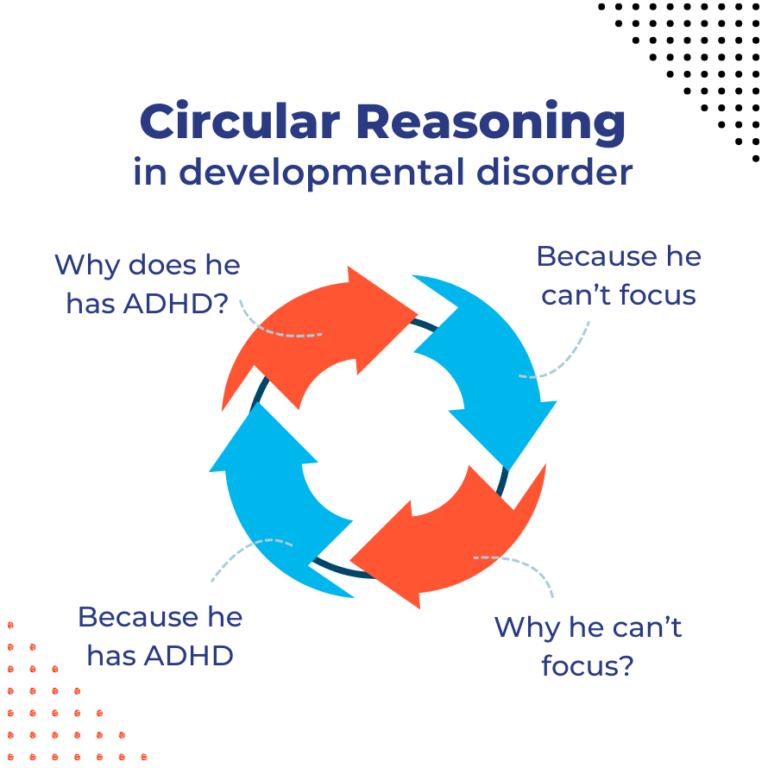Proper nutrition is important for every child and when a child has a developmental disorder, such as autism or hyperactivity, proper nutrition becomes even more vital.
Dietary interventions for Autism and ADHD aim to:
• Provide the appropriate intake of nutrients (vitamins, proteins, energy, minerals, fat, fiber);
• Identify food allergies or intolerances, and eliminate allergenic foods from the child’s diet.
So far, there are no standard clinical protocols for dietary interventions in children with developmental disorders. Practitioners are required to devise the best treatment based on their clinical experience and the scant literature that has been published in this field.
Unfortunately, in our clinic, we have seen several cases where the well-intended attempt to provide the child with optimal nutrition and remove food that create allergic reactions becomes not only ineffective, but also very harmful to the child.
Worse, in some cases, harmful dietary restrictions are continued for many years without realization of their negative effects.
We want to present an illustrative case:
A boy, aged 3 years and 3 months, was assessed at our practice. He presented with severe language delays, and delayed but present symbolic play skills and imitation. What was remarkable was his low level of activity. He appeared lethargic, showed little interest in playing, and spent long time lying on the floor ignoring the examiner attempts to interact.
During the consultation his parents reported that he was on a very strict diet that excluded dairy products, gluten, and a wide range of vegetables and fruits. It was surprising to learn that these dietary restrictions were recommended by a pediatrician approximately a year earlier to reduce hyperactivity and tantrums.
The boy’s hyperactivity and tantrums did reduce in response to the diet, leading the boy’s parent to conclude that the diet had a beneficial effect.
In fact, these behavioral changes were actually caused by fatigue caused by nutritional deficiency. Simply put, the child was too weak to tantrum and run around the room.
We have seen many similar cases in our practice. In all these cases, the dietary restrictions were introduced without proper testing for food sensitivities and the evaluation of their effect was left to subjective parental impressions.
A professional with a psychological background would have immediately seen that an hyperactive child on a severely deficient diet obviously become less active but that does not make his activity more meaningful, his attention more sustained, or his behavior more socially appropriate.
A qualified nutritionist would have known that an elimination diet is a useful step in the diagnose of food sensitivities but only if combine with other diagnostic tools and treatment strategies.
Dietary interventions for Autism and ADHD are beneficial only if conducted by highly qualified professionals. Diets introduced without accurate testing and ongoing evaluation, on the contrary, greatly worsens the child’s condition by preventing the adequate intake of essential nutrients necessary to the development of the brain.





